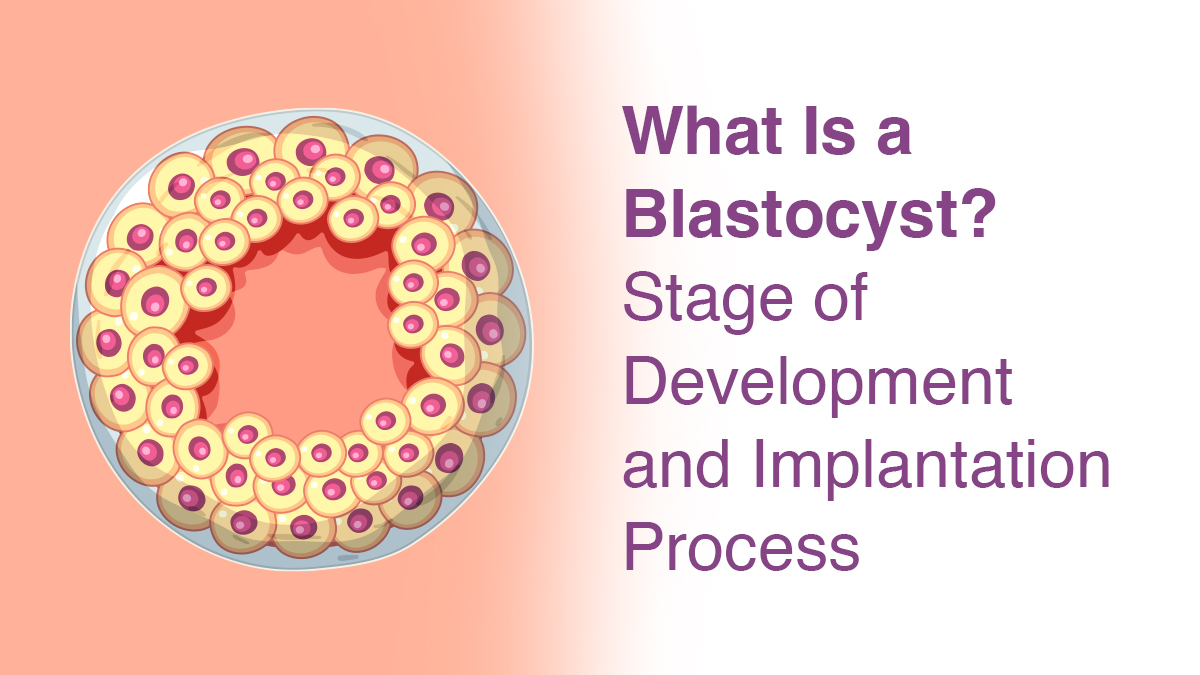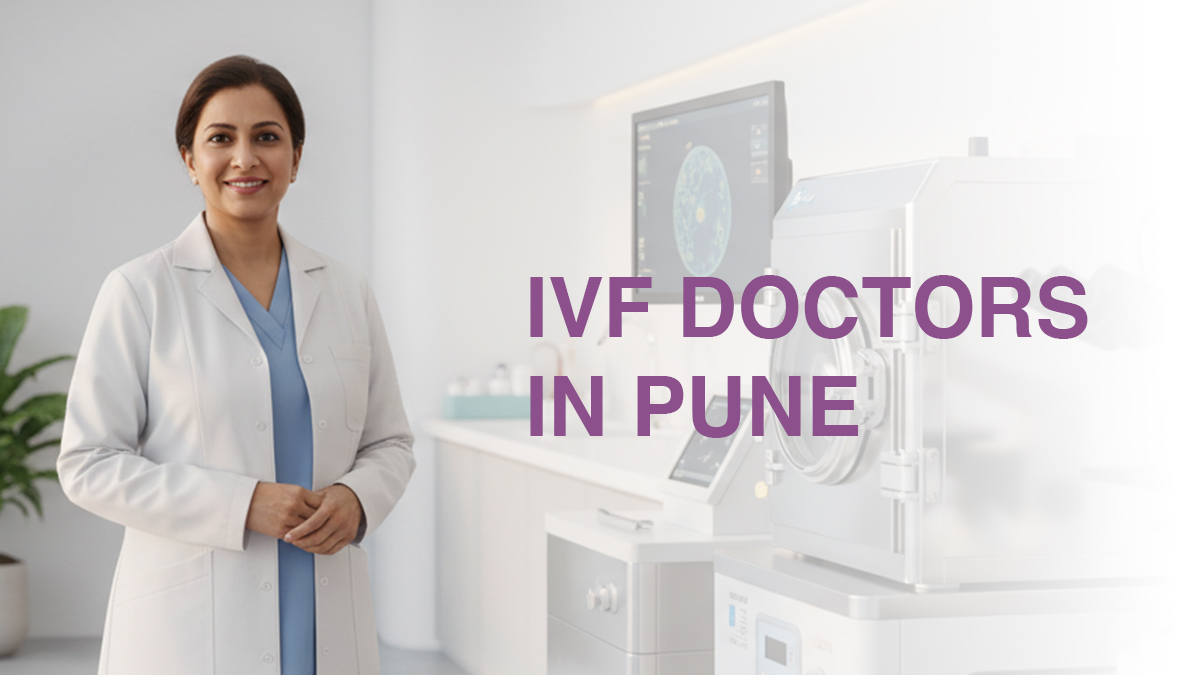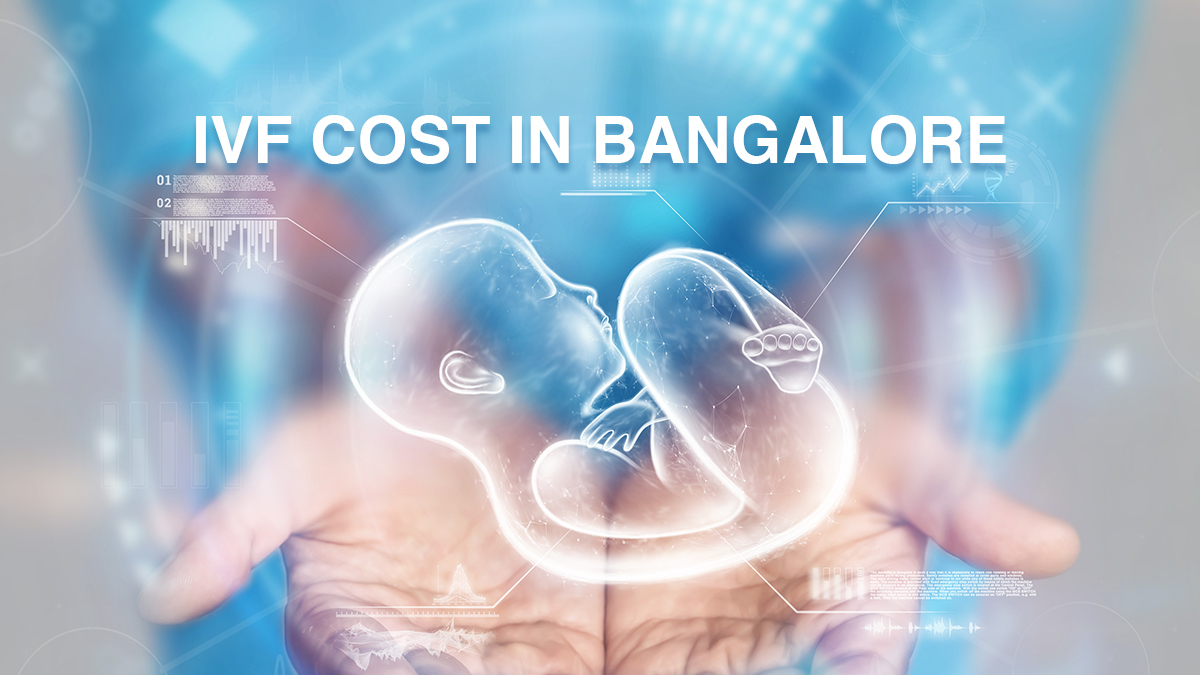
IVF Success and Age: What Every Couple Should Know Before Starting Treatment

Changing lifestyles and increasing pollution have a deep impact on fertility. With 1 in 6 couples in India struggling with infertility, medical and technology experts are doing their best to leverage innovative techniques to help them. This has helped the country develop exceptional IVF capability and capacity to support couples dreaming of becoming parents. If your fertility specialist has recommended the procedure, it is best to learn about the success rate of IVF by age, to set realistic expectations of the number of cycles required.
What Are IVF Success Rates by Age?
IVF success rate is the percentage of IVF cycles that lead to a successful birth. While some couples may conceive and carry the child to term within a single cycle, many couples require a number of cycles. Apart from other factors, the IVF success rate changes by age.
The Impact of Age on Egg Quality and Quantity
Fertility among men and women naturally declines with age. IVF success rates is determined by the age of the woman. The primary underlying cause for lower fertility in women over 35 years is reduced oocyte (developing eggs) quantity and quality. These increase the chances of a miscarriage and chromosomal abnormalities.
IVF Success Rates by Age Group
While a woman has about 500,000 gametes at puberty, on average, the number reduces to 250,000 by 37 years of age. It declines dramatically after that and may be under 1,000 at 51.
IVF Success Rates for Women Under 35
Women under 35 years of age have significantly higher chances of conceiving within the first IVF cycle. Success rates are especially high for those in their 20s, even if they are facing issues such as low egg count, genetic disorders, or male infertility. The success rate of IVF for women below the age of 20 years is 34% and the procedure may work for two or more children.
Women under 35 who have never conceived before have a 32% chance of conceiving in an IVF cycle. The success rate for those who have had a child before IVF is 37%. However, these numbers are not written in stone. With advanced technologies, the success rate of live births with IVF for women under 35 in India can be as high as 55.6% in a single egg-retrieval cycle.
IVF Success Rates for Women Aged 35-37
Irrespective of the condition or previous pregnancy status, the overall success rate of IVF in women between 35 and 37 years of age is 32.4%. It can go up to 40.8% for a one-egg retrieval cycle in certain cases.
IVF Success Rates for Women Aged 38-40
IVF success rate starts to decrease at 38. For women in the 38-40 age group, the IVF success rate drops significantly. It ranges between 20.2% and 26.8%, depending on the specifics of underlying infertility issues.
IVF Success Rates for Women Over 40
IVF is the preferred assisted reproductive approach for women over 40 years of age, as success with IUI (intrauterine insemination) is almost negligible. Women over 40 usually have to undergo multiple cycles for successful birth. The rate of IVF success after 40 drops rapidly as the woman’s age increases. It is 12.6% for women under 43 and 3.9% for those 43 or above.
The Role of Donor Eggs in Increasing IVF Success Rates by Age
By 45, women’s bodies prepare to go into menopause, affecting the production of oestrogen (to ensure egg quality) and progesterone (to prepare the uterus to carry the baby). If you are above 40 years, your fertility specialist may suggest opting for donor eggs to increase the chances of getting pregnant. At times, such solutions have an impact on the couples’ emotional and psychological well-being. Getting the needed counselling from your fertility clinic is essential.
Financial Considerations and Planning
You must know that the number of cycles, underlying conditions, and additional procedures required, such as ICSI, may add to the cost of assisted reproductive techniques. It is best to consult your fertility specialist and discuss the total cost of the speculated number of cycles, post-conception, and delivery to plan for the process. Best-in-class fertility clinics, such as Oasis Fertility, offer financial management guidance. They can also suggest instalment plans to facilitate better financial management.
When to Consider IVF
There is no best age for IVF with guaranteed success. For women under 35, IVF consultation is recommended if they have failed to conceive naturally for 12 months or observe any signs of infertility, such as hormonal imbalances or irregular periods. For those above 35, it is a good idea to plan for pregnancy along with a fertility specialist to identify any underlying conditions and improve overall chances of conceiving naturally or with assistive techniques.
The Way Forward
Over 275,000 IVF cycles are performed annually in India. Their success depends on many factors, including age, medical conditions and family history. Visit an Oasis Fertility Clinic near you to have a team of experienced fertility professionals helping you realise the dream of becoming parents. You can also call 1800-3001-1000 or reach us through the live chat here for immediate assistance.


fill up the form to get a
Free Consultation
Avail 0% interest on EMI
All Procedures | No Upper Limit
Frequently Asked Questions
What age is IVF most successful?
What is the age limit for IVF?
What is the minimum time for IVF?
How we reviewed this article:
- Current Version
- December 17, 2024 by Oasis Fertility





